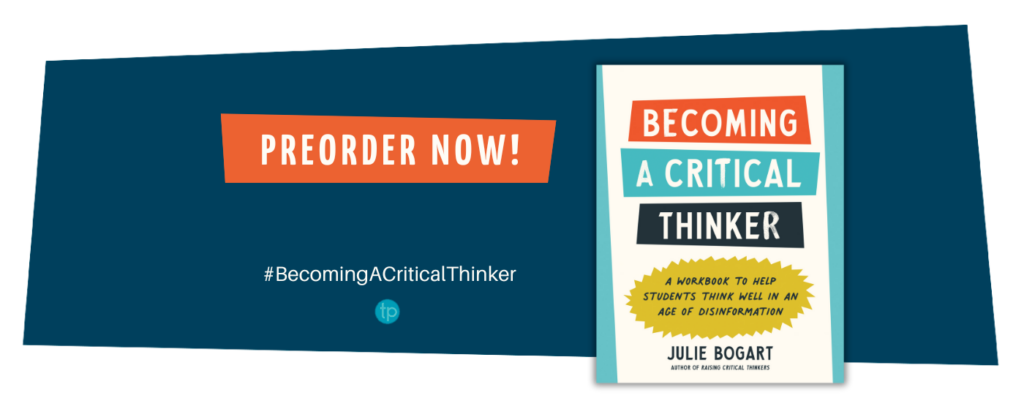An Alternative to Certainty

I spoke at a conference once where we talked about how to think well. One of the questions came up about certainty, and how you could know something for sure.
What we know is that even an objective fact gets shared by a subjective self. No matter how much people can agree that something is real and true, factual and verifiable, it’s how we talk about the “objective truth” that shapes our shared reality. Your interpretation immediately impacts how that fact is received: “It may be raining: one of us is happy about it and the other pissed off!”
Another Way
Here’s what I said in my book, Raising Critical Thinkers:
The alternative to certainty is intimacy. Intimacy means knowing more of the subject with more of yourself. It looks like a greater and greater tenderness toward a field of study— a hunger to become close to it, to know its compelling contours and unavoidable flaws. It means reading the subject’s ardent fans and listening with patience to its detractors. Intimacy leads to both a fascination with and protection of a subject’s inherent value. There’s inscrutability and mystery within every subject. Intimacy in learning means developing an ongoing relationship to that discipline, allowing it to morph and change, which requires humility. Mastery is a myth.
Intiimacy means when you feel tweaked or smug or concerned or urgent, that’s the moment to get curious. What else is there to know? Why does the other person see the same information so differently?
BIG NEWS! Introducing BECOMING A CRITICAL THINKER (for ages 12-18). I took the exercises that were inside Raising Critical Thinkers and added a slew more. I included journal prompts, checklists, ranking bars, and boxed spaces for kids to write directly in the book. BECOMING A CRITICAL THINKER is open for presale and will publish on May 7!


















